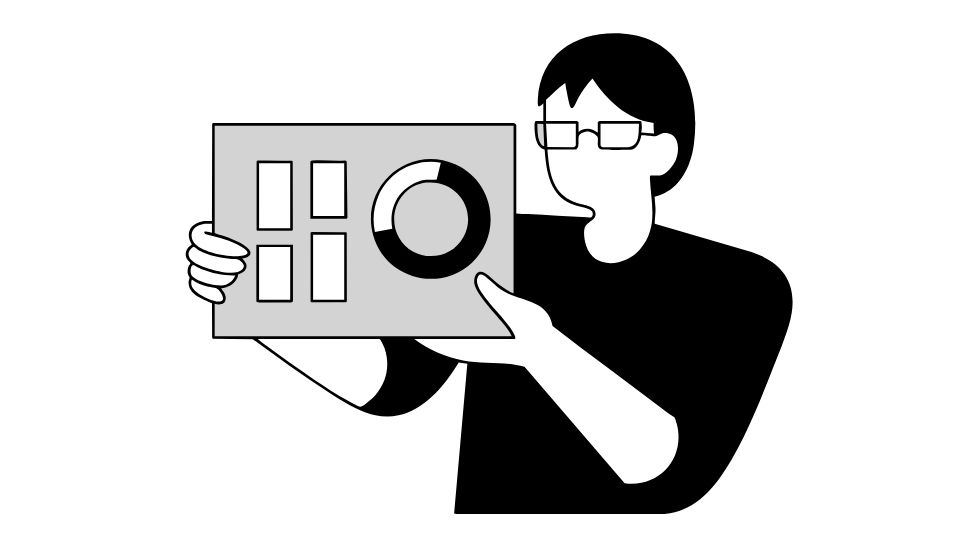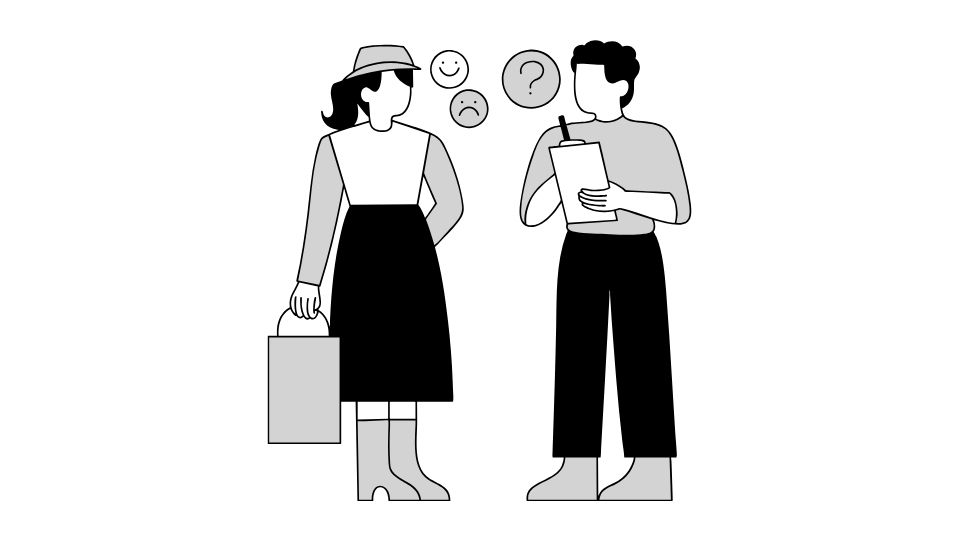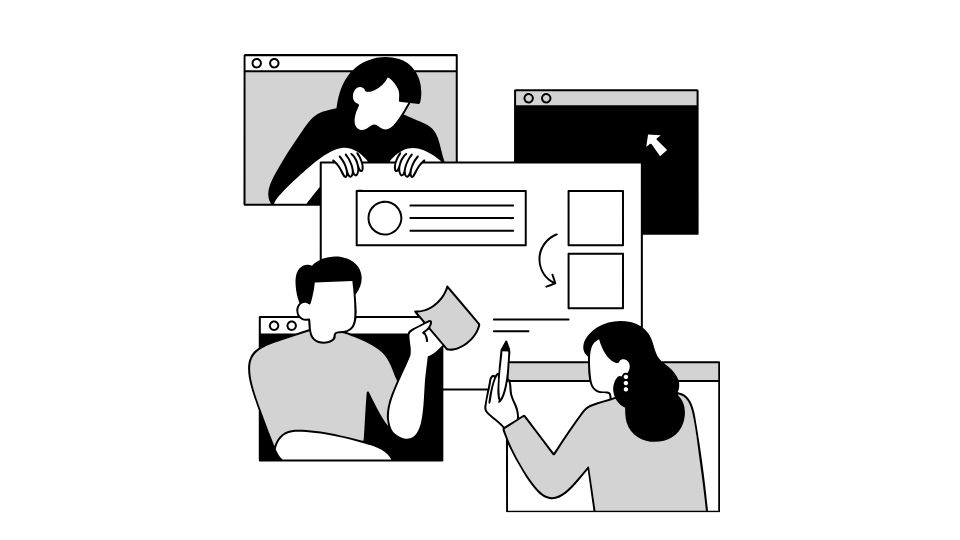How to Get Involved in Health Equity Advocacy (And Make a Difference)

Ever wonder how you could make healthcare suck a little less for everyone? Not just the people who can afford it?
Well you’re in the right place, because health equity advocacy is all about fixing the unfair BS in healthcare so that everyone gets the care they need, no matter who they are or where they live.
Let’s dive into how YOU can get involved and actually make a difference (without needing a medical degree or running for Congress).
What the heck is health equity anyway?
Health equity isn’t just some fancy buzzword. It’s about making sure everyone has a fair shot at being healthy.
Think about it this way: If healthcare was a game, health equity means everyone starts with the same equipment and plays by the same rules. Right now, that’s definitely not the case.
Some communities have hospitals on every corner while others have none. Some folks can pay for medication without blinking while others choose between medicine and food. Not exactly fair, right?
Health equity advocacy tries to fix these problems by:
- Fighting for policies that give everyone access to quality care
- Addressing the root causes of health disparities (like poverty, racism, and education gaps)
- Getting communities involved in their own healthcare decisions
Why should you care about health equity?

It saves lives (literally)
When everyone has access to good healthcare, fewer people die from preventable causes. It’s that simple.
Communities with better healthcare access have lower infant mortality rates, fewer chronic diseases, and longer lifespans. That’s not just numbers – that’s real people getting to live longer, healthier lives.
It saves money (yes, really)
Believe it or not, health equity actually costs less in the long run. When people can’t afford preventive care, they end up in emergency rooms with serious conditions that cost WAY more to treat.
One study found that reducing health disparities could save $93 billion in medical care costs and $42 billion in lost productivity per year. That’s not pocket change.
It’s just the right thing to do
Some things just come down to basic fairness. Everyone deserves the chance to be healthy, regardless of their zip code, skin color, or bank account.
How to get involved (without quitting your day job)

OK so health equity matters. But how do you actually get involved? Here are some ways to start making a difference:
Level 1: Dip your toes in
These are your “hat decisions” – low commitment ways to try advocacy on for size:
- Follow health equity organizations on social media (like the National Health Law Program or Health Equity Institute)
- Share information about health disparities with your network
- Attend a virtual event about health equity issues
- Donate to organizations fighting for healthcare access
Level 2: Roll up your sleeves
Ready to commit a bit more? These “haircut decisions” require more investment but have bigger impact:
- Join an advocacy group in your community or online
- Volunteer with organizations that provide healthcare to underserved communities
- Contact your representatives about health equity legislation
- Participate in community health initiatives like health fairs or screening events
Level 3: Go all in
These “tattoo decisions” can shape your life and career around health equity:
- Pursue education or training in public health, policy, or healthcare
- Run for local office where you can influence health policies
- Start a community initiative addressing specific health needs
- Choose a career in healthcare, public health, or policy
Effective advocacy strategies that actually work

Use data to make your case
People in power love numbers (or at least find them hard to argue with). When advocating for change, come armed with research and statistics about health disparities in your community.
For example, instead of saying “We need more clinics,” say “Our neighborhood has one primary care doctor per 5,000 residents, while across town they have one per 800 residents.”
Tell powerful stories
Data gets attention, but stories change hearts and minds. Personal experiences humanize the statistics and show the real impact of health inequities.
If you’re comfortable, share your own healthcare challenges. If not, amplify others’ stories (with permission, of course).
Build coalitions
Health equity isn’t just a healthcare issue – it touches education, housing, employment, transportation, and more. Partner with organizations working in these areas to create stronger, unified movements.
A coalition of 20 organizations representing different sectors and communities is much harder for policymakers to ignore than a single group.
Engage the affected communities
The most effective advocacy happens when the people most affected by health disparities are at the table. Make sure your efforts include and amplify the voices of those communities, rather than just speaking for them.
As the saying goes: “Nothing about us without us.”
Challenges you’ll face (and how to handle them)
Let’s be real – health equity advocacy isn’t always sunshine and rainbows. You’ll hit roadblocks:
“That’s just how it is” attitudes
You’ll encounter people who think health disparities are just a fact of life rather than fixable problems.
How to handle it: Come prepared with examples of successful health equity initiatives from other communities or countries that have actually improved outcomes.
Political resistance
Some policies that would improve health equity face political opposition, often framed around concerns about costs or government overreach.
How to handle it: Focus on common ground and shared values. Most people agree that children should have healthcare, for example, even if they disagree on how to provide it.
Burnout and frustration
Systemic change takes time, and it’s easy to get discouraged when progress seems slow.
How to handle it: Celebrate small wins. Connect with other advocates for support. Remember that even incremental improvements can mean the world to those who benefit from them.
In summary

Health equity advocacy isn’t just for healthcare professionals or policy wonks – it’s for anyone who believes that your health shouldn’t be determined by your wealth, race, or zip code.
Whether you’re just sharing information on social media, volunteering at a community clinic, or dedicating your career to this cause, your efforts matter. They add up. They create change.
The road to health equity is long, but every step counts. And unlike that spring break tattoo you regret, this is one decision you’ll never look back on and wish you hadn’t made.
So what are you waiting for? Try on this hat. See how it fits. The health of our communities depends on people like you stepping up.

